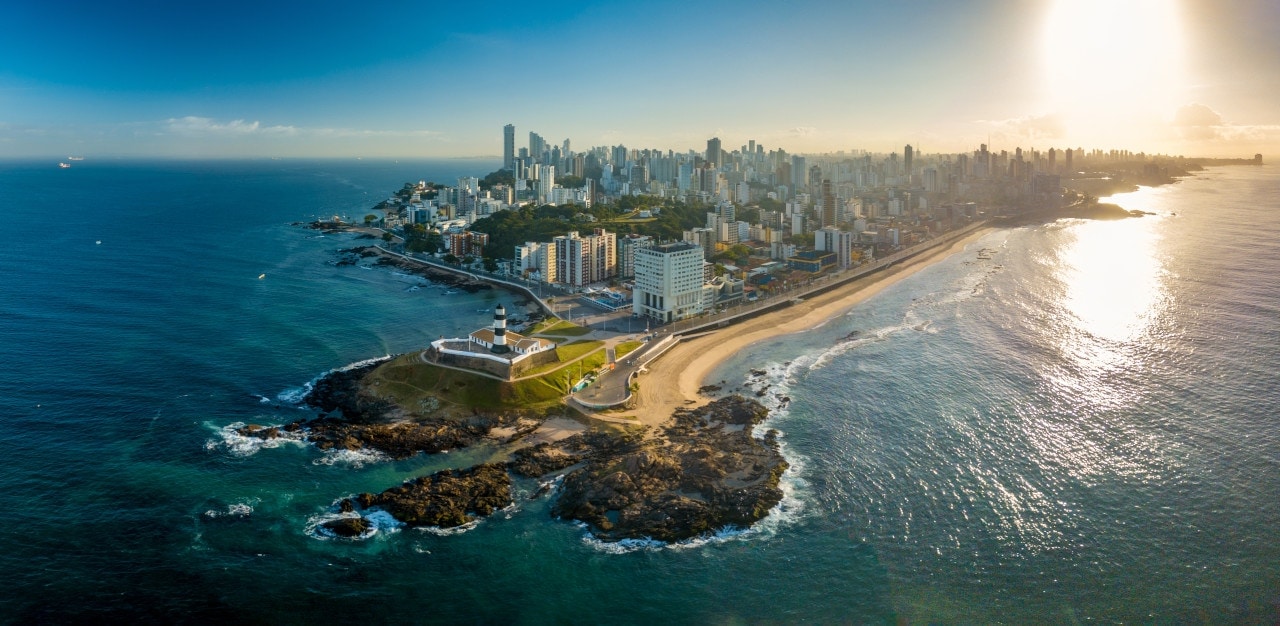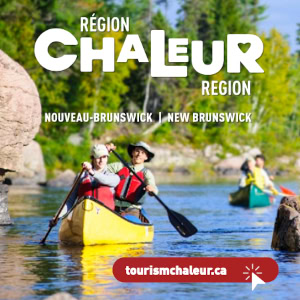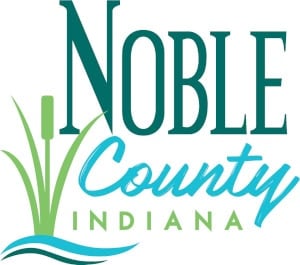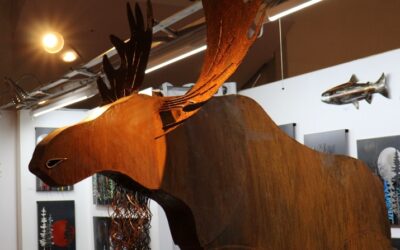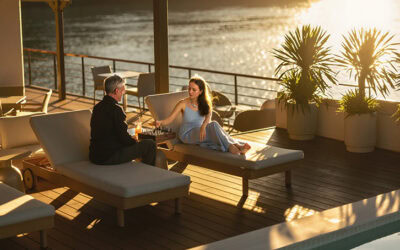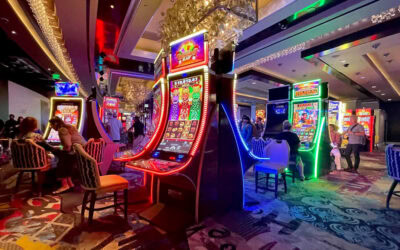With so many seeking ways of escape in lieu of hard winter weather and pandemic restrictions, just about every point on the map looks enticing. For those that enjoy the more refined travel points, places like Monaco, Geneva, or any private resort in Cuba are probably the give siren songs of holiday excursion.
But with travel restrictions slowly loosening, more untouched or less discovered areas begin to gain appeal. That’s not only for travel curiosity, but new places offer luxury travel options previously unconsidered at prices well below the aforementioned locations. Brazil is such a destination of consideration.
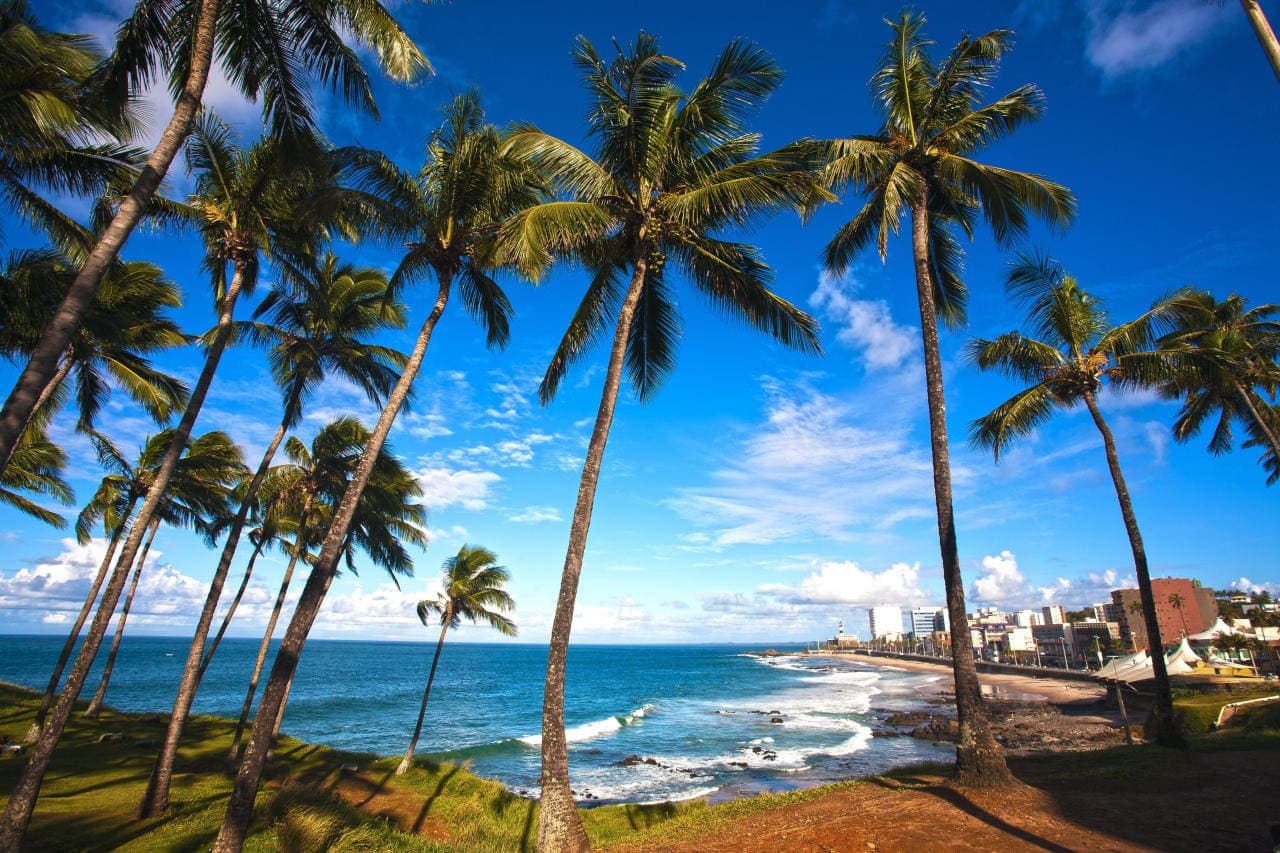
Salvador de Bahia: A Brazilian treasure off the beaten track
Sun, beaches, football, the smallest of swimwear, seductive music—the old tropes of Brazil are well known if overblown. Though it boasts a climate of almost no below-zero temperatures and endless beach-party social scenes, this is a tad old hat and superficial. The truth is that Brazil boasts a complex history and refined social environment that any traveler seeking a combination of luxury and introspection would kill for.
Previous vacationers limited their Brazilian ventures to the south of the nation, such as the Copacabana of Rio de Janeiro or any barro of São Paulo, for action. However the northeast of the nation offers arguably the best place for modern travel luxury.
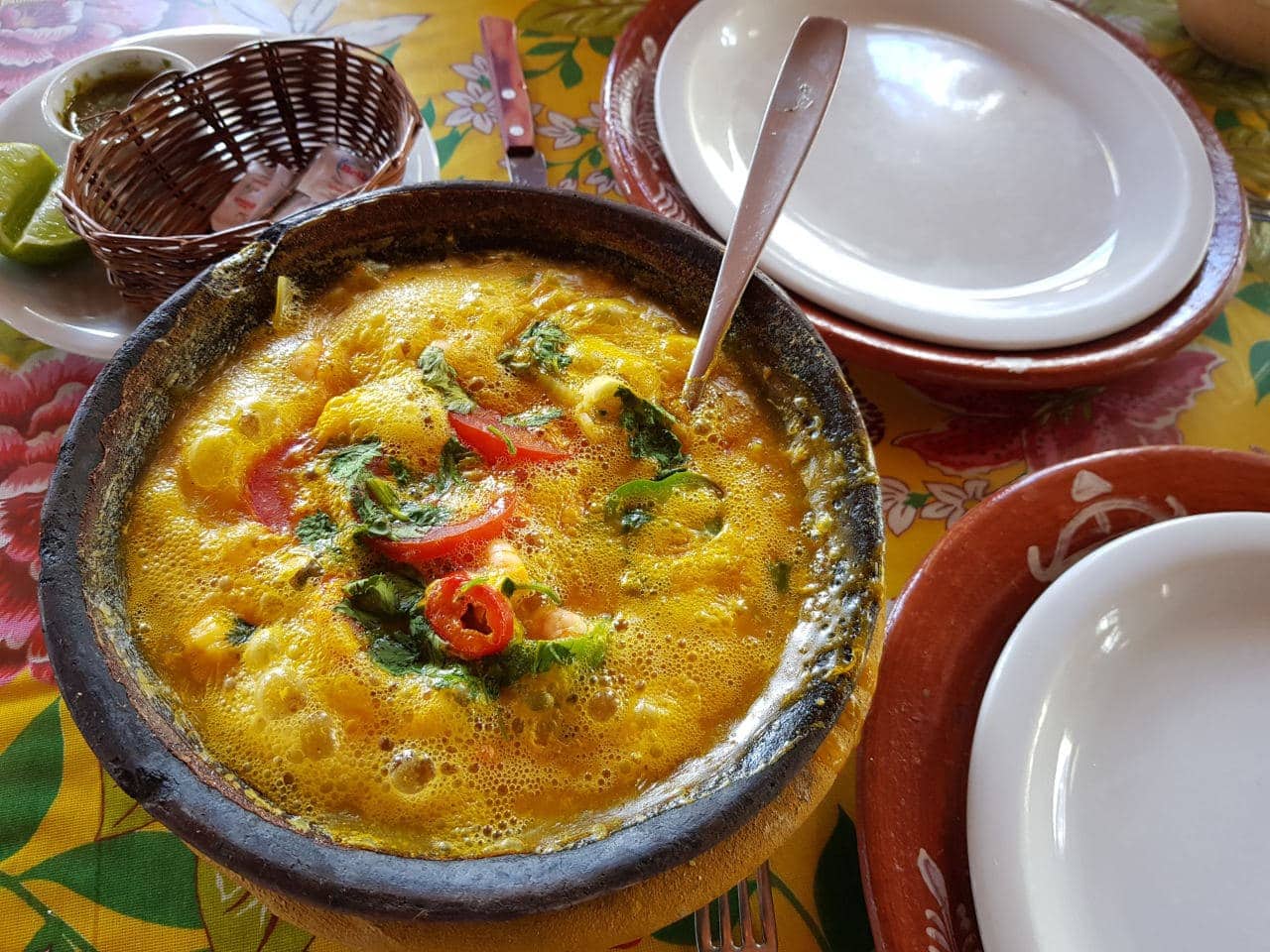
Enter São Salvador da Bahia de Todos os Santos, popularly referred to as Salvador de Bahia, at the northeastern point of Brazil. The first capital of the nation is a treasure chest of history: the port of the slave trade, the port of sugar export, the port of revolution.
Definitely exotic, Salvador is also a point well off the beaten travel track. Getting there requires an extra three-hour flight from São Paulo or Rio airports. But the extra flying time is what makes it more exotic and desirable to get to and what it will offer.
Salvador de Bahia: Food
This is perhaps the most distinct aspect of the high life in traveling in Salvador. The cuisine is its own, separate from the more bare bones barbecue of southern Brazilian areas. The mix of African, Portuguese, and other nationalities constitutes cuisine that specific to the Northeast and almost unattainable anywhere else.
Famous amongst these dishes is moqueca, a thick and spicy soup using stingray and shrimp as its protein and a mix of vegetables, peppers, coconut milk, and dendê oil. Also, sweet concoctions made of cococut, lemon, and butter like the quindim is only found in the finer eateries of Salvador. For comprehensive Salvadorian cuisine, top rated restaurants like the Sanctuarium Atelier Gourmet are best sought out once there.
Drink
Outsiders might only assume that Brazilians consume fresh juices, light beer, and the popular Guaraná Antarctica soda. One visit to Salvador though will show otherwise and of greater sophistication. Along with the nationally popular caipirinha, a refreshing combination of cachaça, lemon juice, ice, and sugar, Salvadorians indulge in more sophisticated liqueurs and cordials that are brewed locally.
No better a place is this present than Licor da Vó Nieta located near the Forte de Monte Serrat and overlooking the Atlantic. Boasting an array of flavours and brewed in house, these high priced but equally quality licors that rival any commercially available aperitif.
Moreover, like much of Brazil, the independent brewing has hit Salvador hard and boasts supreme small batch beers courtesy of Proa Cervejeria, Cervejaria Dafna, ArteMalte. They brew stronger, high quality beer not available in other national locations and not at all outside the nation.
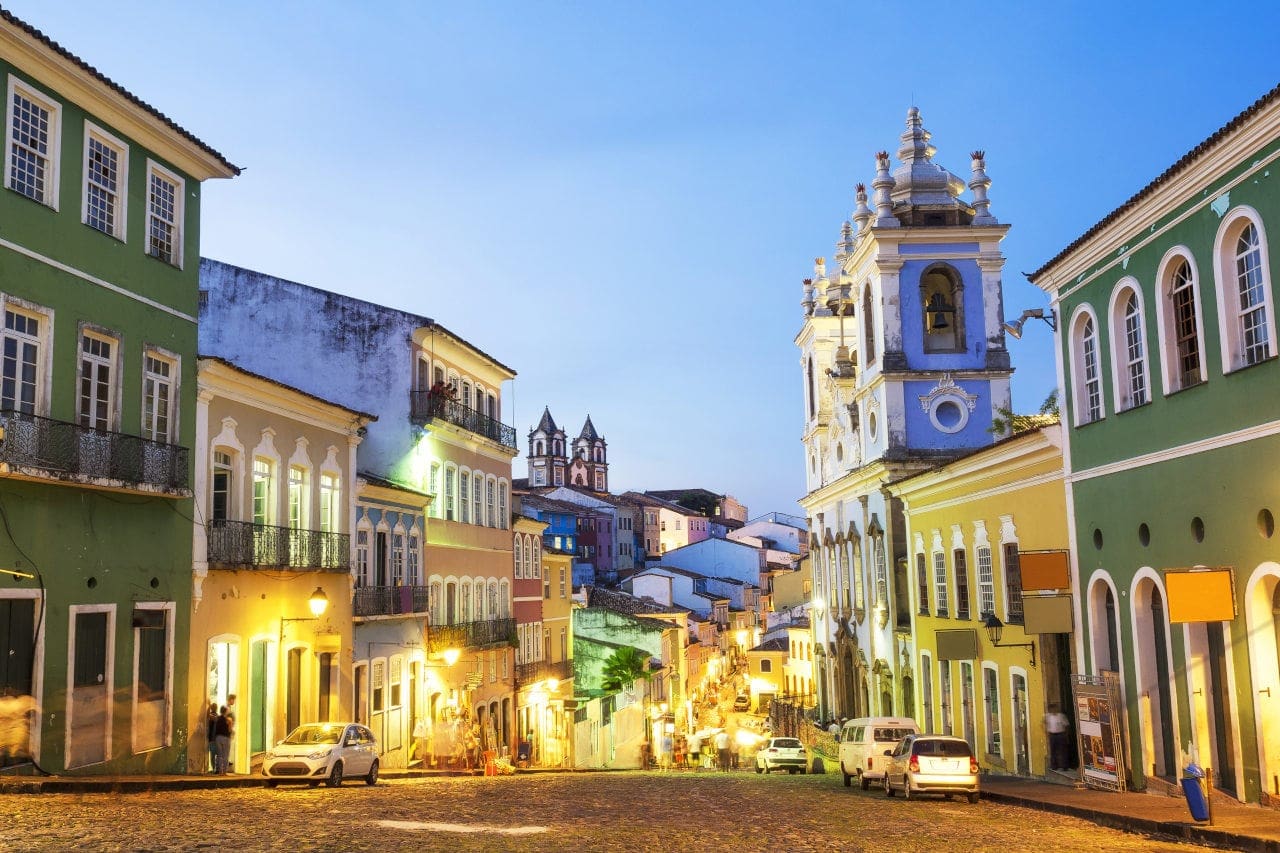
Sailing
The view of the sea is all around Salvador and is intoxicating. Beach activity, from fishing and swimming, is ubiquitous up and down the coast. But for those seeking a little higher-end sightseeing from the top of the water, sailing is readily available, including schooner tours from the Salvador Nautical Terminal.
Schooner tours allow spectators to see the historical São Marcelo Fort, the Ilha dos Frades,. They offer buffet meals and beach stops while on the tours. Moreover, most of these tours are budget friendly and can be booked in advance with ease.
Salvador de Bahia: Accommodation
Hotels are commonplace along Brazil’s long coastline. Cheaper options are available to budget travels but often lack character and guest treatment than ones of higher quality and longstanding reputation. Since Salvador is a popular destination for travellers, there’s real competition for high-end accommodation.
Renowned hotels like the Fera Palace, La Villa Bahia, and Fiesta Bahia are more on the pricier end of the travel cost spectrum. But their facilities are top quality and they retain much of the local décor, atmosphere, and colour of Salvador in their presentation.
They also contain many in-house activities, access to water areas for sports and relaxation, and high-quality food services traditional of Salvador.
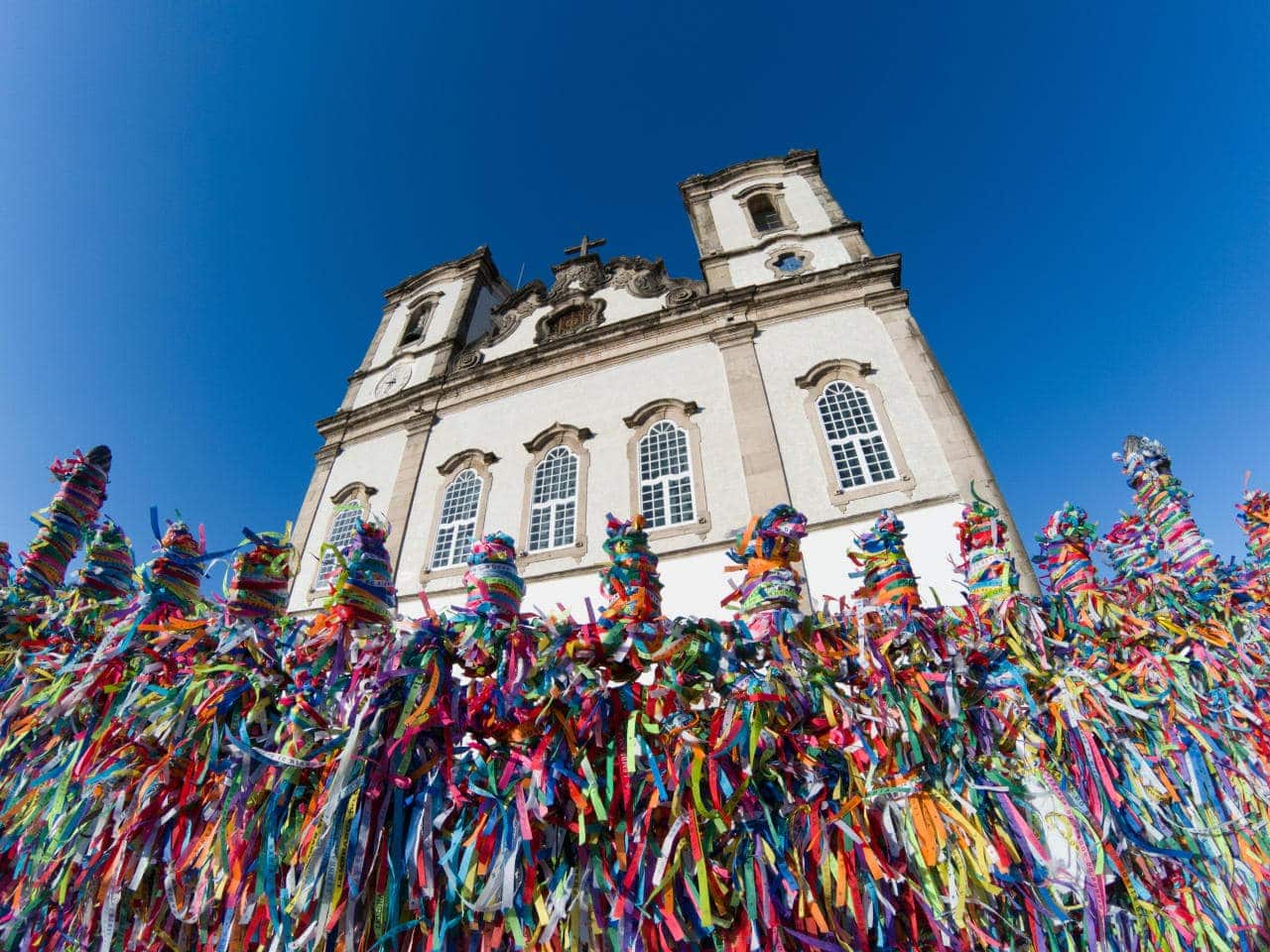
Sports and recreation
A hub of sports, many travellers journey to Salvador for football — i.e. soccer — games, especially at the metropolitan Esporte Clube Bahia when games are on. This is a worthwhile draw, but for travellers seeking a more hidden adventure in recreation, a tour to the Chapada Diamantina is worth considering.
Enclosed in the Espinhaço Mountains, this tour brings the traveller to underground pools, waterfalls, and long trekking trails. This gives one a chance to experience the more natural wonders of Salvador away from the beach. But it’s also an element of adventure outside the normal beach-hotel-restaurant travel agenda.
This is only a partial list of what to do in Salvador. Other considerations are tours of the old city via the Elevador Lacenda, music and theatre shows, and fishing expeditions off the coast. But Salvador is rich with history and scope of events. Off the beaten path, it can be that top end trip that will be beyond rewarding to those seeking something new and enlightening.
Images: Shutterstock



